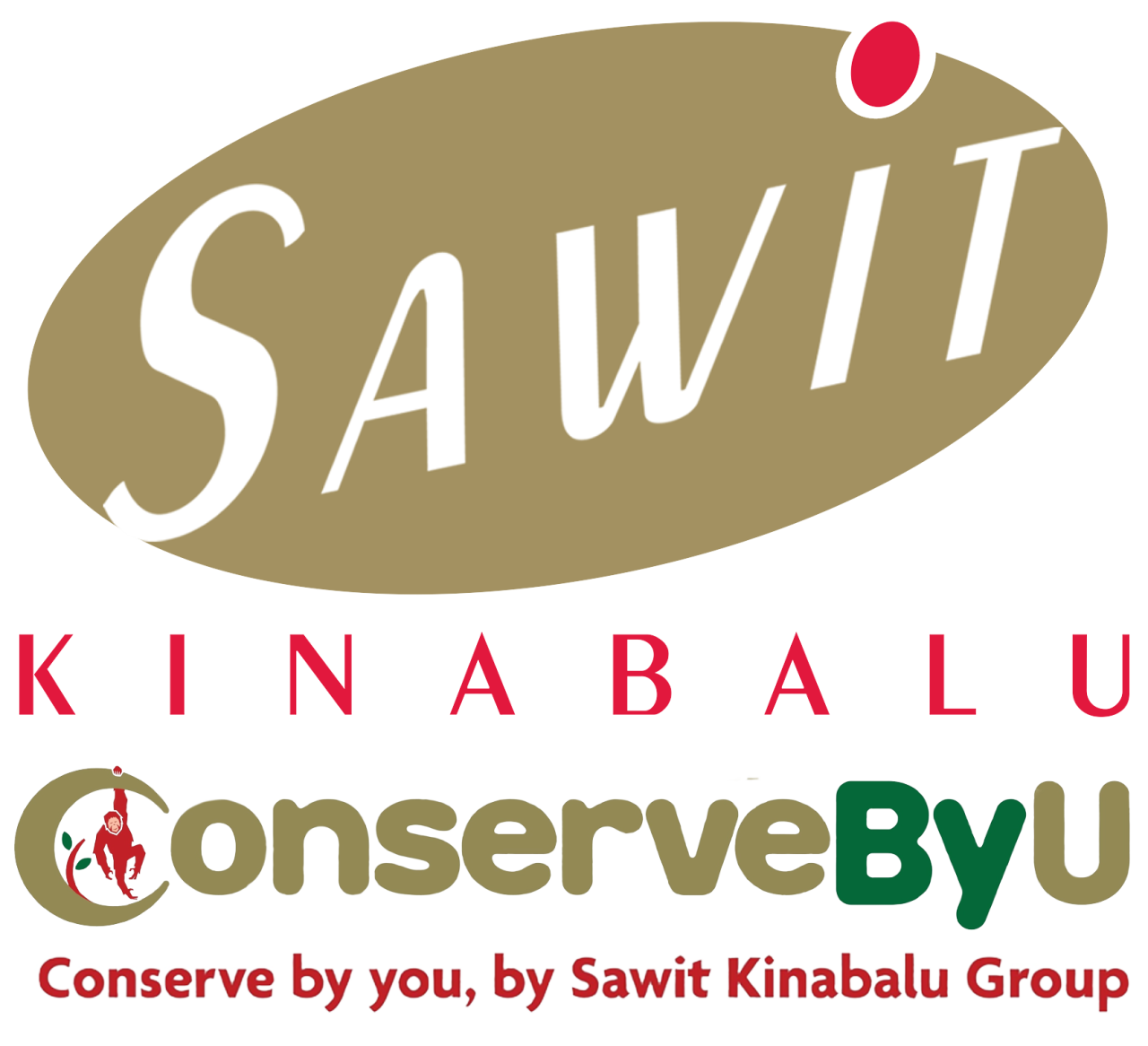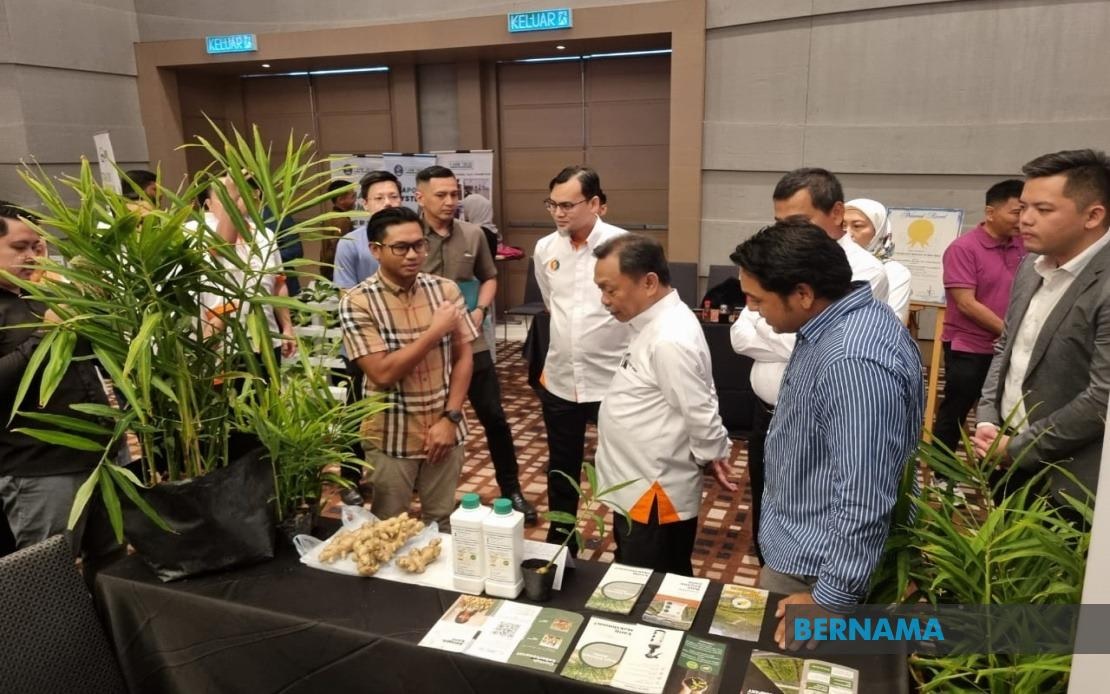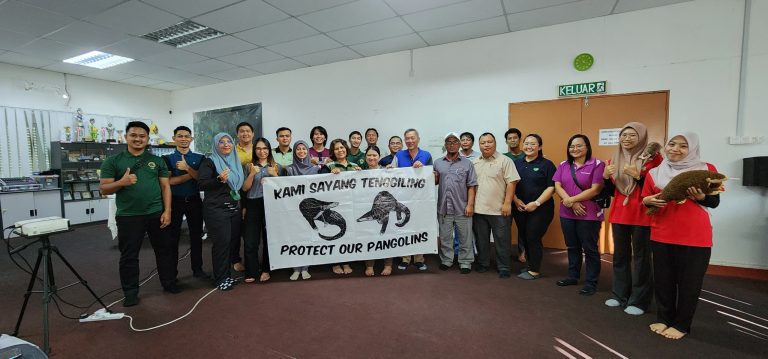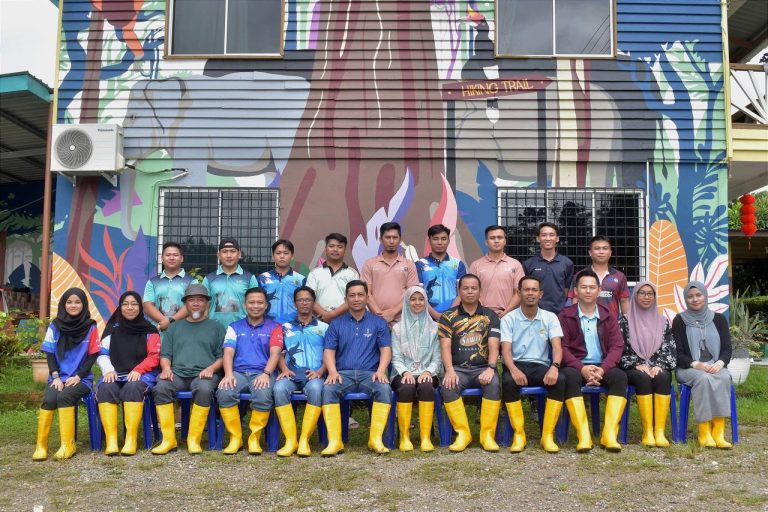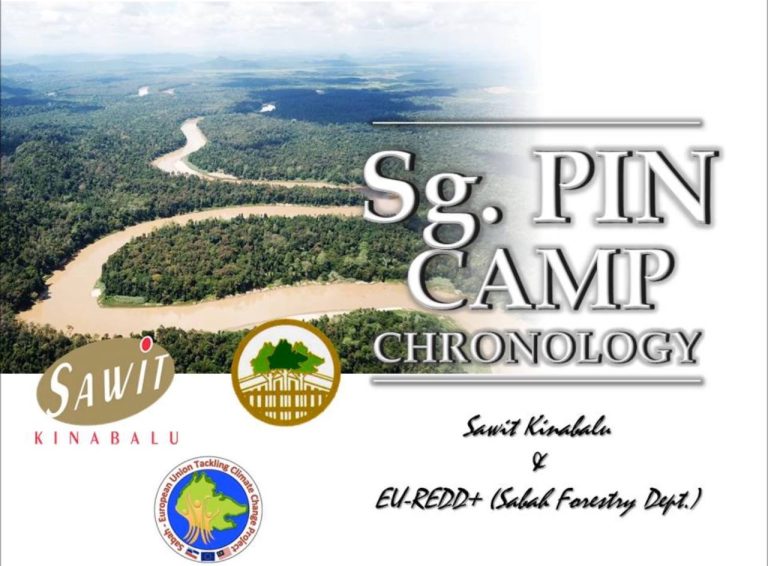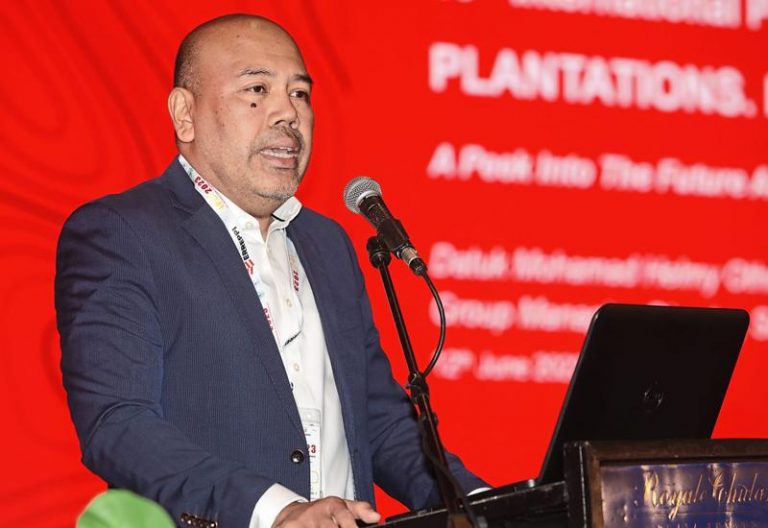By: Bernama
KOTA KINABALU: Sabah’s biodiversity of its flora and fauna is not only famous but yields many benefits, but has to be harvested effectively so that those benefits can have a positive impact for the State and its people, said Deputy Science, Technology and Innovation Minister Datuk Mohammad Yusof Apdal.
While residents have long reaped its benefits, many still rely on the old model of selling those products in their raw form, the Lahad Datu MP said, adding they needed to realise that profits could increase significantly if those raw products were processed into bio-economic products, including those in pharmaceutical and high-technology agricultural sectors.
“I see in Sabah so much bio-economic potential in terms of expertise, interests, we have everything but the one issue is that we don’t use science and technology to our benefit.
“Forest and oil palm products, for instance, when we sell them for a profit, we’re already happy, but it can’t always be this way.
“Don’t just sell, we need to explore and benefit from science and technology, especially biotechnology to expand our business, don’t get too comfortable with the way we do business but innovate to continue to move into the future,” he said.
He said his Ministry and its agency, the Malaysian Bio-economy Development Corporation (Bio-economy Corporation), were always open to any entrepreneur requiring assistance to expand their business in the field of bio-economy, and have prepared various facilities, including funds, training and expertise to those interested.
“The potential is very high but we hope that people don’t just listen and watch, if entrepreneurs or companies have bio-economic ties, come see us, there are lots of facilities, especially for Sabahans, let’s explore them together,” he said, adding the recent 2024 Bio-economic Roadshow was conducted to spread information and seek out bio-economic entrepreneurs.
Mohammad Yusof shared that Bio-economy Corporation has guided 28 companies under the BioNexus and Bio based Accelerator (BBA), with companies benefiting from certification, laboratory tests, commercialisation, exemptions, intellectual property, training and innovation.
Tamara Nanotech (M) Sdn Bhd Director Syakur Mohd Suhaimi shared that his company had expanded from just growing and selling raw ginger to exporting ginger products that reached the European market under the BBA programme.
“The BBA programme allows us to enhance products, we freeze dry our products and send them overseas, including Europe for use in the pharmaceutical field. Currently we are capable of exporting around 250 tons a year.
“It’s not easy at the start but with the Ministry and Bio-economy Corporation’s help, we were able to expand our products in bio-economy, and are in discussions to explore new opportunities and products,” he said, adding that exposure to science, technology and biotechnology needed to be done aggressively to enable more Malaysians to understand and benefit from the bio-economic field.
According to the Sabah Biodiversity Centre, Borneo has over 12,000 species of plants, with over 4,000 of them trees, and Mount Kinabalu, being one of the most biodiverse areas in the State, has 234 identified plant species and thousands more in the research stage.
Source: Daily Express
